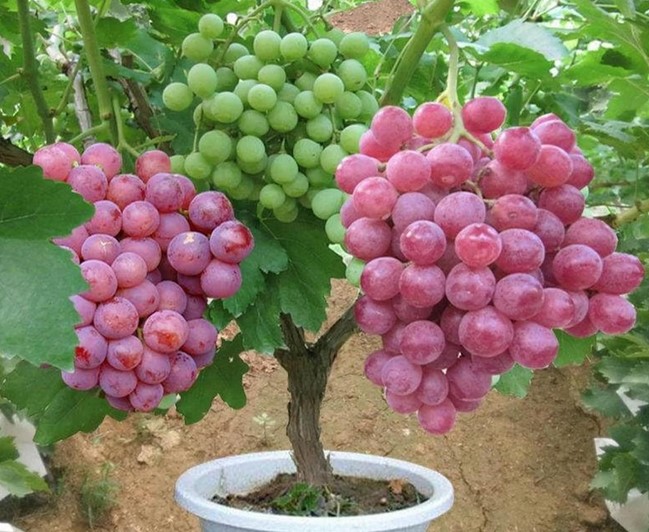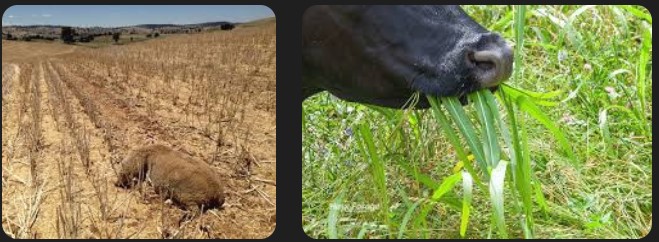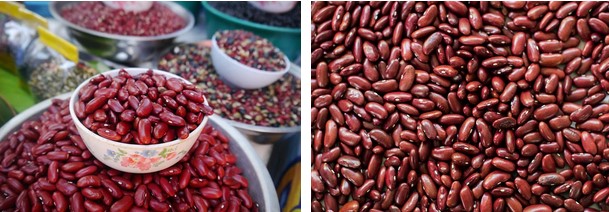 Essential Farming Insights
Essential Farming Insights
In the contemporary agricultural landscape, the resources provided by Modern Kheti serve as a critical asset for farmers aiming to enhance their practices. Within this framework, a wealth of information is accessible, including expert tips and advanced techniques tailored to improve agricultural outcomes. One pivotal area addressed by Modern Kheti is organic farming methods, which not only promote sustainability but also comply with increasing consumer demand for eco-friendly practices. Embracing these organic techniques enables farmers to cultivate high-quality produce while preserving the vital health of the surrounding ecosystem.
Additionally, detailed crop guides are available, which assist farmers in selecting the most suitable crops for their specific regional conditions. Such guides consider various factors such as soil type, climate, and local pest profiles, allowing farmers to make strategic decisions that are aligned with their environment. By implementing the insights gained from these resources, farmers can significantly increase their productivity, ensuring that they plant crops that have a better chance of thriving in their local conditions.
Moreover, staying updated with market prices is paramount in today’s dynamic agricultural economy. Modern Kheti emphasizes the importance of accessing real-time market data, empowering farmers to make informed decisions regarding planting and selling their produce. Understanding market trends allows farmers to time their sales for maximum profitability and reduce financial risks associated with fluctuating prices. This knowledge equips farmers with the necessary tools to navigate market challenges effectively, ultimately paving the way for enhanced yields and increased profits.
By leveraging the comprehensive insights and resources provided by Modern Kheti, farmers can cultivate a more sustainable and profitable farming practice, thereby significantly impacting their economic viability and contributing positively to the agricultural community.
Leveraging Government Support and Agritech Innovations
In recent years, governments across the globe have recognized the pivotal role that agriculture plays in economic stability and food security. As a result, numerous schemes and subsidies have been introduced to support farmers in adopting sustainable practices. These government initiatives aim to provide financial assistance, technical guidance, and access to modern agricultural technologies. Understanding these various resources can help farmers effectively enhance their operational efficiencies and ultimately improve their yields.
One significant aspect of government support involves the provision of subsidies for essential inputs such as seeds, fertilizers, and machinery. These subsidies are designed to reduce the financial burden on farmers, allowing them to invest in innovative practices without incurring excessive costs. Furthermore, government programs often promote education and training, which equip farmers with necessary skills and knowledge to implement sustainable methods. Access to workshops, seminars, and extension services can ensure that farmers are well-informed about the latest practices and technologies available to them.
In conjunction with government support, advancements in agricultural technology, commonly referred to as agritech, are reshaping modern farming practices. These innovations include precision farming tools, smart irrigation systems, and data analytics, which enable farmers to optimize their resources effectively. For instance, drones can now monitor crop health, while IoT devices can provide real-time insights into soil moisture levels. By employing these technologies, farmers can make data-driven decisions that lead to heightened productivity and improved resource management.
Moreover, agritech solutions can facilitate sustainable agricultural practices, ultimately contributing to environmental conservation. Farmers can implement techniques that minimize waste and lower their carbon footprint, aligning with global sustainability goals. By leveraging both government support and agritech advancements, the agricultural community can tackle modern challenges, leading to enhanced productivity and sustainable growth in the sector.










